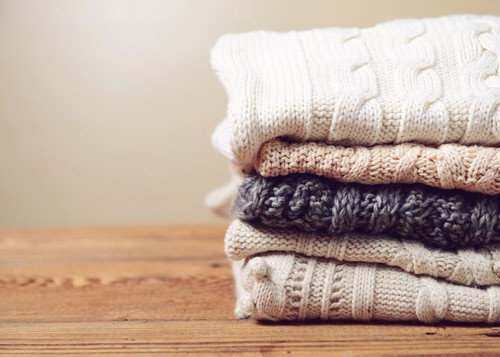The white paper – EPR variable fee white paper – was developed by consultancy QSA Partners with support from the UKFT, the British Fashion Council, the British Retail Consortium and several fashion, retail and luxury brands.
The report emphasises the need for immediate government action to enable a more circular economy and create a variable EPR textile scheme that works for all.
It found that the proposed variable EPR fees would ensure that producers bear the cost of their products’ end-of-life treatment, rather than passing this burden onto communities and the environment.
The fashion and textiles industry contributes approximately £62 billion to the UK economy but sees 336,000 tonnes of clothing sent to landfill or incinerated annually.
Details of the white paper on textiles EPR
The white paper scrutinised data from over 500,000 garment types, spanning hundreds of millions of items.
QSA Partners have said that the project achieved accurate results for over 85% of the data, ensuring robust insights even for incomplete data sets.
Adam Mansell, CEO at UKFT says: “Working with our partners, we have demonstrated that an intelligent EPR fee based on eco-modulation is possible and could make a real difference to reducing the environmental impact of our industry.
“An EPR fee scheme based on eco modulation would level the playing field, by rewarding positive action for those designing for end of life and penalising those that don’t take their responsibility to the environment seriously. It is the one issue around sustainability that everyone in the supply chain agrees on – legislation is needed to drive progress”.
The initiative received backing from UKRI, and included a Steering Committee chaired by UKFT with members from the British Fashion Council, the British Retail Consortium, global luxury brand Burberry, Marks & Spencer, New Look, John Smedley, an unnamed global sportswear brand and an unnamed leading online resale platform.
To learn more about EPR and its changes, make sure you attend the EPR Conference on 14 November at the IET in London. See the growing agenda and book your tickets here.










What about the 1000’s of tons of unusable textiles that are cut into textile wipers which saves using the earth’s precious resources